England’s Chief Medical Officer Chris Whitty has predicted another deadly “surge” of coronavirus across the country as Boris Johnson’s road map out of lockdown started this week.
Chris Whitty warned “all modelling” suggests cases will soar as lockdown restrictions ease and rejected call from MPs to ease lockdown restrictions faster.
"If you open up too fast, a lot more people die - a lot more people die," he said.
Whitty was joined by Chief Scientific Advisor Sir Patrick Vallance who warned the Commons Science and Technology Committee the reopening of schools could see the R number rise by 10% to 50%.
Sir Vallance said: "Nobody would say we know exactly how this is going to roll out over the next few months.
"The important thing is to measure, adapt and take decisions in the light of information as it emerges.”
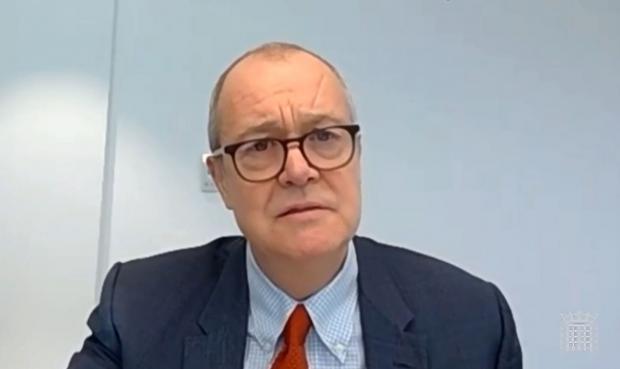
Sir Patrick Vallance, Government Chief Scientific Adviser, giving evidence to the Science and Technology Committee. (PA)
Professor Chris Whitty added: “As things are opening up, what all the modelling suggests is at some point we will get a surge in virus.
"Whether that happens, we hope it doesn’t happen soon, but it might for example happen later in the summer if we open up gradually, or if there’s a seasonal effect it might happen over the next autumn or winter.
“But I think all the modelling suggests there is going to be a further surge and that will find the people who have either not been vaccinated or where the vaccine’s not worked.
"Some of them will end up in hospital and sadly some of them will go on to die. That’s just the reality of where we are.”
As over a third of the population as now received their first vaccination jab, he said that ““ratio of cases to deaths will go right down as a result of vaccination, but not right down to zero unfortunately”.
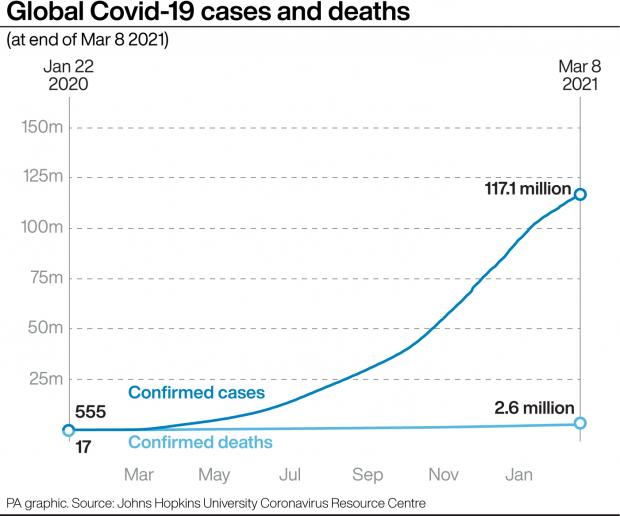 Global Covid-19 cases and deaths. (PA)
Global Covid-19 cases and deaths. (PA)
He told MPs: "If you look at the history of this all around the world, the history of this is not full of countries and individual leaders wishing they had done more, faster. It's full of leaders who wished they had acted quicker and then been more careful as they take things off."
“A lot of people may think this is all over," Prof Whitty added.
"I would encourage them to look at what is happening in continental Europe at the moment, where a lot of countries are going back into rates going up and having to close things down again, having not been in that situation before.
"It’s very easy to forget quite how quickly things can turn bad if you don’t keep a very close eye on it."

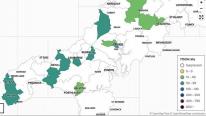
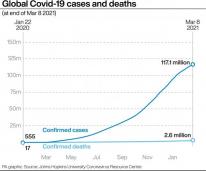
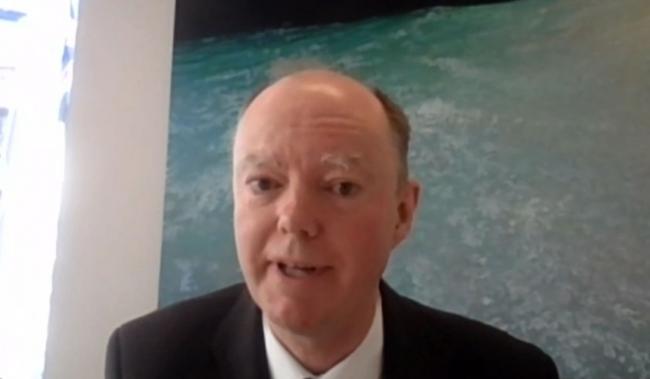




Recent comments
35 weeks 3 days ago
37 weeks 1 day ago
37 weeks 1 day ago
46 weeks 6 days ago
1 year 7 weeks ago
1 year 31 weeks ago
1 year 41 weeks ago
2 years 1 week ago
3 years 26 weeks ago
4 years 11 weeks ago